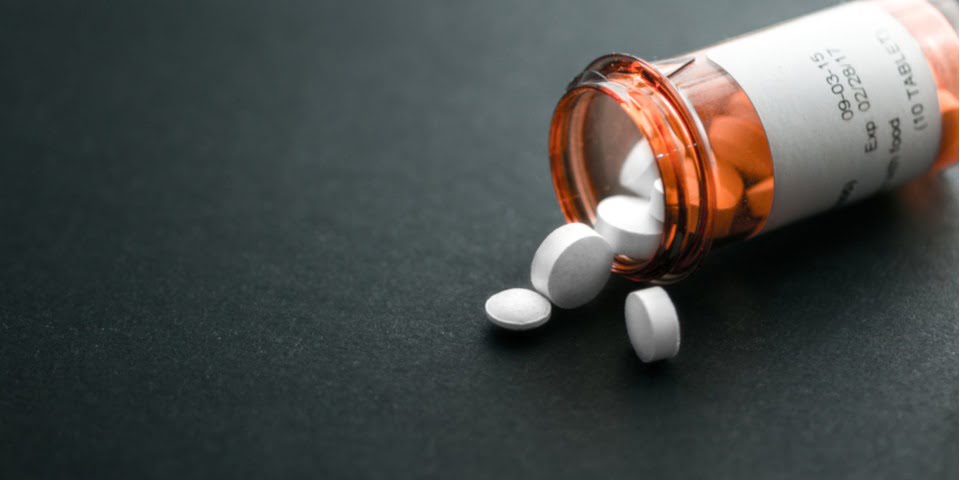Four medicines that treat cancer and inflammatory disease have been added to the Pharmaceutical Benefits Scheme (PBS) at a cost of $56 million.
The medicines to be extended or listed on the Pharmaceutical Benefits Scheme treat brain tumours, leukaemia, and inflammatory disease of the large blood vessels, Health Minister Greg Hunt said in a statement. They are bevacizumab, dasatinib, tocilizumab and lanreotide and will be available for $40.30 per script, or $6.50 with a concession card.
Mr Hunt’s statement said the independent Pharmaceutical Benefits Advisory Committee recommended each of the medicines be added to the PBS. “Unlike Labor, we are subsidising all drugs recommended by the independent medical experts,” he said.
According to Bristol-Myers Squibb, newly diagnosed patients aged 18 years and over with Philadelphia chromosome positive acute lymphoblastic leukaemia (Ph+ ALL) will now have affordable access to Sprycel (dasatinib).
This comes as a first line oral therapy when integrated with chemotherapy.
Patients with Ph+ALL will be able to access Sprycel via the Pharmaceutical Benefits Scheme (PBS) from August 1.
This PBS listing for Sprycel marks a world first as Australia is the only country with reimbursement approval in this setting.
Professor Andrew Grigg, Director of Clinical Haematology at Austin Health, welcomed the news for Australian Ph+ ALL patients.
“Tyrosine kinase inhibitors (TKI) have been shown to significantly improve the outcome of patients with this uncommon leukaemia. Until now the only TKCheapI approved was imatinib, which was not always well tolerated in this condition. Having dasatinib available as an option gives us flexibility in choosing the TKI which is most likely to be tolerated long-term by patients,” Professor Grigg said.
Neil MacGregor, General Manager for Bristol-Myers Squibb Australia and New Zealand said this PBS listing is an important milestone in providing patients with rare cancers more affordable treatment options.
“This PBS listing is significant for BMS given all indications for Sprycel are now reimbursed. We are proud to say that we remain committed to providing treatment to those affected by rare cancers and this latest listing illustrates that commitment.”
Around 390 cases of ALL are diagnosed in Australia each year, of which about 45 per cent are in adults.
Of the approximately 185 adults diagnosed each year,2 about 25 per cen (45 patients) have the Philadelphia chromosome (Ph+). The Ph+ chromosome, resulting in a BCR-ABL fusion protein with deregulated tyrosine kinase activity, is the most common cytogenetic abnormality found in adult patients diagnosed with ALL.
The government has added on average 30 medicine listings per month to the PBS since 2013, at a cost of $10.6 billion.








